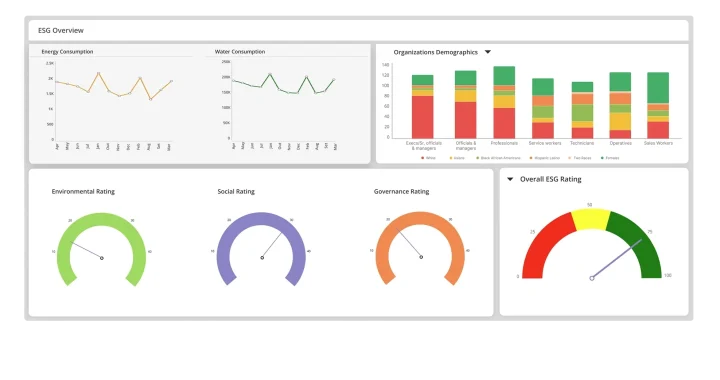Cryptocurrency Tax Implications and Accounting Challenges: What You Need to Know

Let’s be honest—crypto taxes can feel like navigating a maze blindfolded. Between volatile prices, complex transactions, and ever-changing regulations, even seasoned investors get tripped up. And if you’re handling accounting for crypto? Well, buckle up.
How Cryptocurrency Taxes Work (The Basics)
First things first: the IRS treats cryptocurrency as property, not currency. That means every trade, sale, or even use of crypto to buy a coffee could trigger a taxable event. Here’s the deal:
- Capital gains/losses: Selling crypto for profit? You owe taxes. Selling at a loss? You might deduct it.
- Income: Earned crypto (mining, staking, freelancing) is taxed as ordinary income at its fair market value when received.
- Gifts and donations: Yes, these have implications too—especially if the crypto’s value has skyrocketed since you got it.
The Biggest Accounting Headaches
1. Tracking Cost Basis Across Wallets and Exchanges
Imagine buying Bitcoin on Coinbase, moving some to a cold wallet, trading a portion on Binance, and then using the rest to buy NFTs. Now try calculating your gains. Fun, right? Without airtight records, you’re either overpaying taxes or risking an audit.
2. Handling Hard Forks and Airdrops
That “free” crypto from a fork or airdrop? The IRS considers it taxable income. But here’s the kicker—you might not even know you received it if it’s sitting in an old wallet.
3. DeFi and Staking Complications
Yield farming, liquidity pools, and staking rewards blur the lines between income and capital gains. Some tax software still struggles to categorize these transactions automatically.
Current Trends Making Things Trickier
Crypto’s rapid evolution means tax rules play catch-up. A few pain points in 2024:
- NFT taxation: Is it art? A collectible? A utility token? The IRS hasn’t fully clarified.
- Global regulations: If you trade on international exchanges, you might face overlapping tax jurisdictions.
- CBDCs and stablecoins: These could upend existing frameworks—especially if classified differently than other crypto.
Practical Tips to Stay Compliant
Don’t panic. Here’s how to keep your crypto accounting from spiraling:
- Use dedicated crypto tax software: Tools like Koinly or CoinTracker sync with exchanges and calculate gains/losses.
- Document everything: Save CSV files, wallet addresses, and transaction IDs. Yes, even that $3 Dogecoin tip.
- Consider FIFO vs. specific ID: The IRS allows different accounting methods—choose the one that minimizes your tax burden.
- Consult a crypto-savvy CPA: Especially if you’re dealing with DeFi, mining, or large holdings.
The Future of Crypto Taxation
Governments worldwide are tightening crypto oversight. The U.S. recently pushed for stricter broker reporting rules (think: Form 1099-DA for digital assets). Meanwhile, some countries—like Portugal and Germany—offer tax breaks for long-term holdings.
One thing’s certain: as crypto goes mainstream, tax complexity won’t disappear. It’ll just… mutate.
So, is your crypto accounting ready for what’s next?







